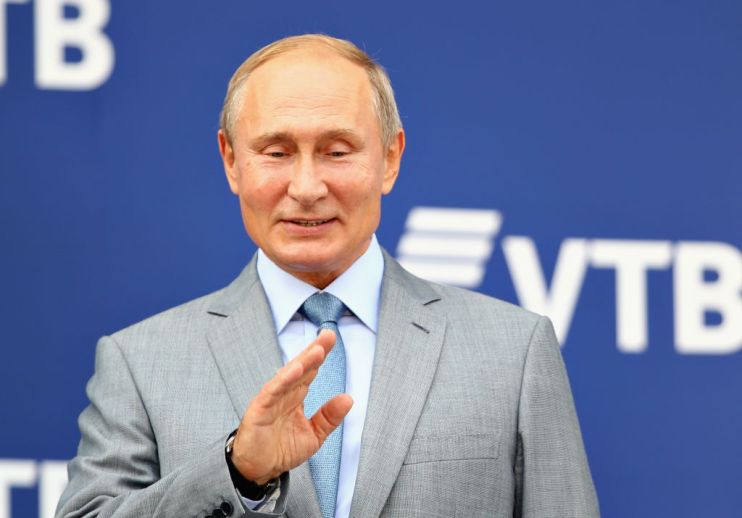Top official warns of ‘disturbing’ amount of Russian money laundering in UK

One of the UK’s top officials in monitoring economic crime has today warned about the “disturbing” prevalence of Russian money laundering in London, claiming up to half of all money laundered from the country is done through the UK.
Graeme Biggar, director general of the National Economic Crime Centre, told MPs today that it was “too easy to set up companies here” and that Russian “laundromats” were exploiting the UK’s corporate structure to launder billions of pounds.
Biggar’s Economic Crime Centre was set up in 2018 and works across agencies like the National Crime Agency, Financial Conduct Authority and City of London Police to “coordinate and task the UK’s response to economic crime”.
Westminster’s Intelligence and Security Committee last year released a report detailing the role the UK plays in handling money coming from Russian organised crime groups and oligarchs.
The report said “the arrival of Russian money has resulted in a growth industry of enablers – [British] lawyers, accountants and estate agents have all played a role”.
Before the Open newsletter: Start your day with the City View podcast and key market data
Transparency International, an NGO tracking global corruption, said last year that it had “identified more than £5bn worth of property [in the UK] bought with suspicious wealth – one fifth of this originates from Russia”.
Speaking to Westminster’s Treasury Select Committee today, Biggar said: “We’ve done analysis recently in laundromats that have come out of Russia and the former Soviet Union.
“A disturbing proportion of money that comes out of those laundromats – not much shy of 50 per cent in one case – were laundered through UK corporate structures.”
“Not through the UK or UK financial institutions…but corporate structures that have been set up through UK systems.”
Biggar and Angela McLaren, assistant commissioner for economic and cyber crime at the City of London Police, were also grilled on the UK’s low rates of arrests for economic crime.
McLaren said there was about 6,400 people charged for economic crime last year, which is a hit rate of only three per cent.
Biggar admitted that the UK had been “better at this in the past”.
“It is not good enough at the moment – I am not defending that,” he said.